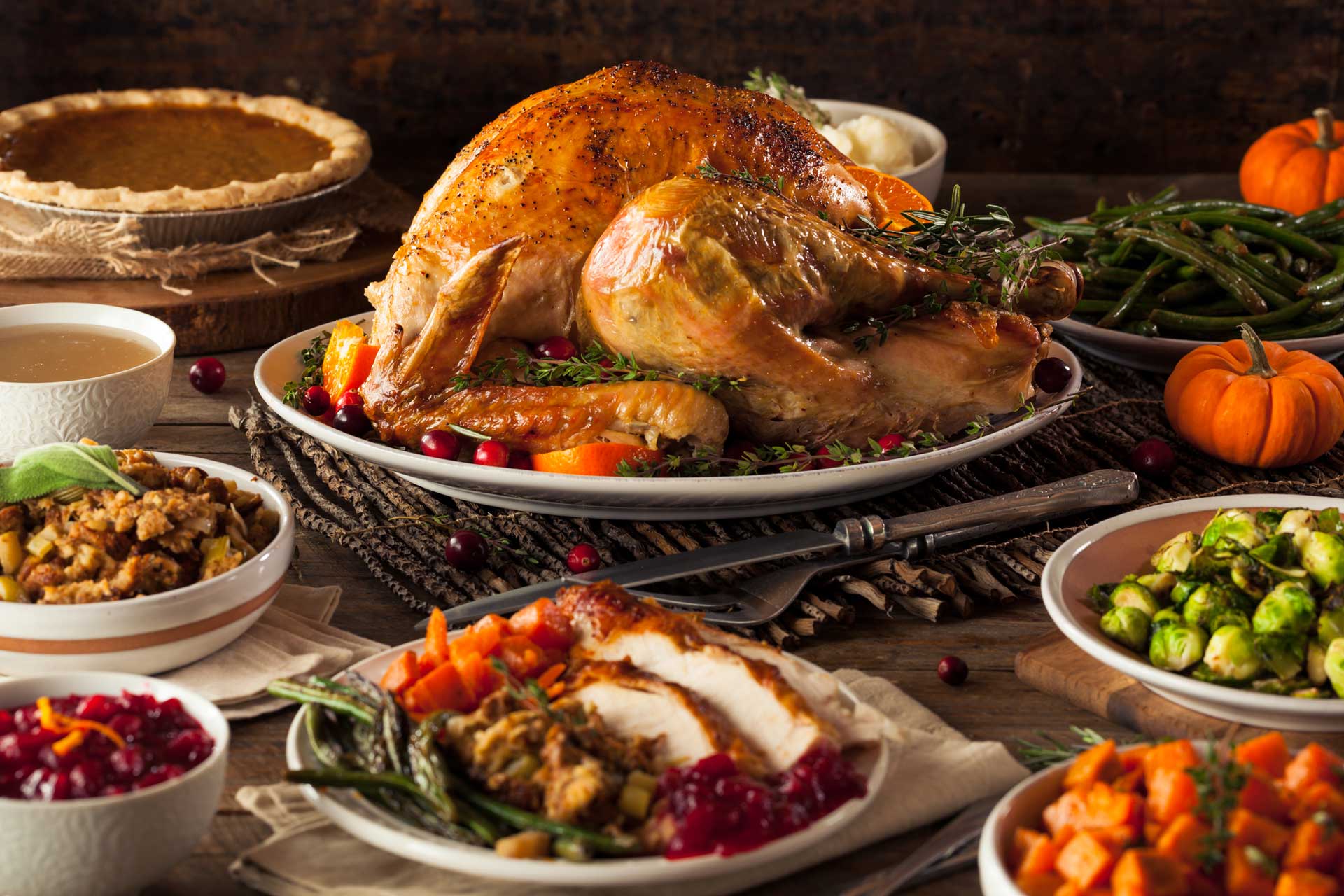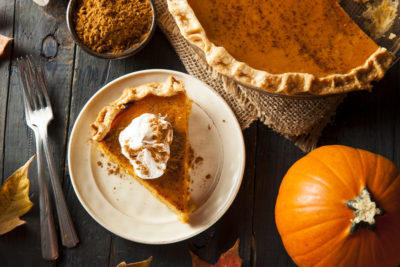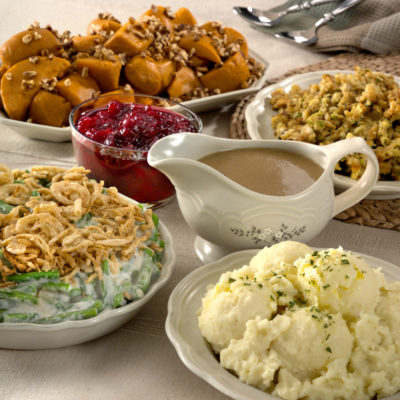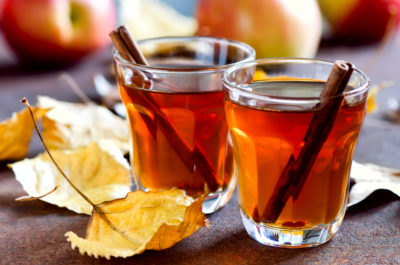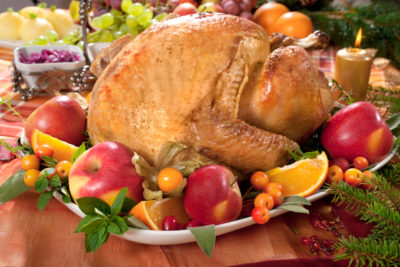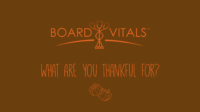For some doctors, Thanksgiving may be an exercise in “Do as I say, not as I do.” They counsel their patients to navigate the annual food fest in a healthy manner while planning to wolf down a couple plates of food themselves. It’s estimated that the average American eats 4,500 calories on Thanksgiving day – two full days worth of calories. Whether you need enough energy to go to work the next day or should pay close attention to a health condition, here are the foods you need to avoid on Thanksgiving Day. (You will thank us later.)
If You Have High Blood Pressure…
If you suffer from hypertension (or work causes it), you need to rethink your consumption of several traditional Thanksgiving foods. Sure, you can eat them in small portions, but who eats small portions on Thanksgiving Day? If you can’t control the amount you eat once you take one forkful, you might want to consider avoiding these foods altogether:
- Red meat: We know turkey is the typical favorite on Thanksgiving day but if your host adds an expensive cut of red meat to the menu, go easy; it’s full of fat and depending upon how it’s prepared, it’s full of sodium too.
- Whole milk: You may not drink whole milk but this category includes half and half and cream as well. They are full of saturated fat. A dollop of whipped cream isn’t bad – just remember a dollop is the size of a small spoon, not a cup!
- Alcohol: Sorry. Alcohol raises blood pressure. Your relatives may take care of that for you so why risk adding alcohol to the mix?
- Butter: The butter that comes in a stick has twice as many calories as whipped butter.
- Pickles: Really, pickles? Yes, dill or kosher pickles are a virtual sandtrap of salt. Some medium-size dill pickles contain more than 2300 mg of sodium – one day’s worth of salt.
- Ready-to-eat foods: If you’re not eating a freshly cooked Thanksgiving dinner, avoid ready-to-eat meats, canned vegetables, and soups. They are packed with sodium. One cup of creamed corn can contain 700 mg of sodium.
- Pumpkin pie: You’re going to hate us but pumpkin pie is filled with fat, calories and sodium. The average piece of pumpkin pie (⅛ of a 9-inch diameter pie) contains 316 calories, nearly 41 grams of carbohydrates and 14 grams of fat. (On a good note, it does contain 23 grams of protein!)
- Salt- Don’t add salt to your food. It raises high blood pressure.
If You Are A Diabetic…
If you have diabetes you know that eating well is serious business. Thanksgiving can be challenging – you may be a guest in someone else’s home and be faced with limited choices at the table. Here are some suggestions on how to navigate the big meal.
- Choose a lot of vegetables and a little turkey. Don’t head for the sweet potatoes with brown sugar and marshmallows. Find the non-starchy vegetables that aren’t topped with stuffing.
- Bring healthy food. Even if you aren’t asked to contribute, take a healthy dish with you anyway. Think lean healthy foods like shrimp cocktail, roasted sweet potatoes, mashed sweet potatoes, or fresh fruit.
- Beware of hidden sugars. Traditional Thanksgiving foods can be filled with hidden sugars. Watch out for mashed potatoes and green bean casserole. Choose one starch, eat a little bit of it and avoid the rest.
- Choose a glass of alcohol or dessert. It’s best to not have both a glass of wine and a piece of pie. When you choose dessert, remember that pumpkin pie has much less sugar than pecan pie. If you would like a glass of wine cut it with seltzer water and turn it into a wine spritzer – it will go farther.
- Don’t take leftovers home. It’s best to let others clean off the table and take leftovers home. One day of foods high in sugar and salt is enough.
If You Have Gout…
Many Thanksgiving day foods can cause an episode of gout. They are filled with purines, the compounds that break down to produce uric acid that causes gout. Some of these foods include:
- Organ meats, fatty fish, and shellfish
- Rich sauces
- Fructose-sweetened foods and drinks
- Alcoholic beverages
If You Are Pregnant…
If you are expecting you already have a list of foods that you need to avoid, especially those that contain raw eggs or unpasteurized dairy products. Here are some others that you may not realize can be hazardous:
- Duck and liver pâtés, smoked meats: All of these can contain the foodborne bacteria listeria.
- Apple Cider (unless it is pasteurized).
- Undercooked turkey: Make sure the turkey reaches a minimum of 160 degrees Fahrenheit in the thickest part of the turkey’s thigh.
- Stuffing: If it’s been cooked inside the raw turkey you shouldn’t be eating it. The turkey cavity doesn’t get hot enough to kill bacteria.
- Unwashed Vegetables: Wash all vegetables, and fruits, before eating them.
- Brownie Batter: Don’t lick the beaters. You’ll be consuming raw eggs.
- Custard Pie: Custards, mousses and homemade ice cream contain raw eggs.
- Cold Turkey Sandwiches: Cold turkey can hide the dangerous foodborne bacteria listeria. Heat up the leftover turkey before you eat it.
Thanksgiving is one day a year but gorging on the wrong foods can make you feel lousy for days after. As with all things, moderation is key. It is possible to enjoy good food while also protecting your health and well-being.
